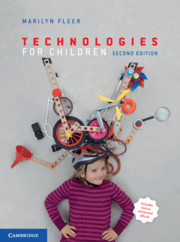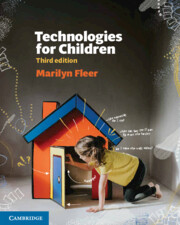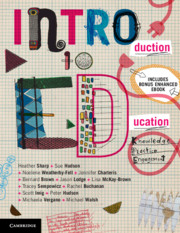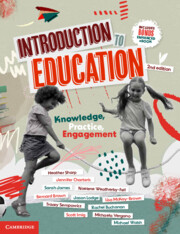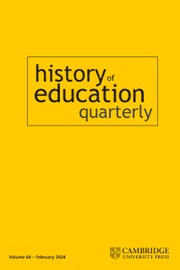Technologies for Children with VitalSource Enhanced Ebook
Technologies for Children explores how traditional technologies can be repurposed and re-imagined in educational environments to engage students in interactive and authentic ways. Closely aligned with both the Australian Curriculum: Technologies and the Early Years Learning Framework, it covers theory and provides practical ideas for teaching infants, toddlers, pre-schoolers and primary school children. Each chapter focuses on different aspects of technologies education, such as engineering principles and systems, food and fibre, creativity in design, and preferred futures. Fully updated, the text features critical exploration of research in the field. Student learning is supported throughout by research activities and real-world example. The new edition is an indispensable resource for both pre-service teachers and practitioners. Drawing on over twenty-five years of experience, Marilyn Fleer presents clear approaches that are readily applicable in the classroom and equips students with the necessary skills and knowledge for teaching design and technology education in Australia.
- Each chapter includes case studies drawn from real-life experience in early years and primary learning contexts
- Presents innovative, engaging and student-centred approaches to integrating technologies in the classroom
- This edition contains VitalSource integrated in the ebook format which includes interactive, media-based activities, downloadable templates for classroom use and weblinks
Product details
July 2019Print/online bundle
9781108668927
322 pages
255 × 190 × 17 mm
0.74kg
119 colour illus. 35 tables
Temporarily unavailable - available from December 2023
Table of Contents
- Part I. Researching Technology and Technologies Education:
- 1. The contexts of technologies and technological knowledge
- 2. Key ideas in the technologies curriculum
- 3. Designing and creating preferred futures
- 4. Creativity in design
- Part II. The Curriculum in Action:
- 5. The curriculum in action – digital technologies
- 6. Technologies contexts – food and fibre production and food specialisations
- 7. Technologies contexts – engineering principles and systems, and materials and technologies specialisations
- 8. The curriculum in action – project management
- Part III. Pedagogical Practices for Technologies:
- 9. Planning, assessment and evaluation in technologies
- 10. Planning for teaching technologies – analysing the pedagogical approaches.

